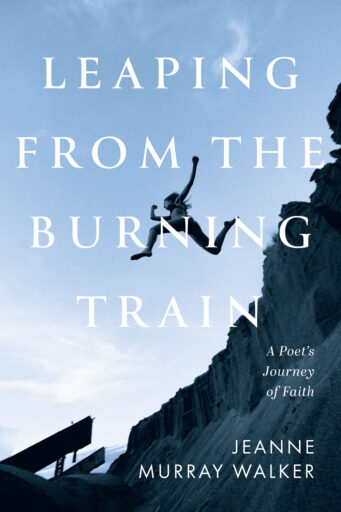

An old man—poet, playwright, essayist, and scholar—sifts through the broken fragments of his memory as he recounts what it was like to grow up in Warsaw during the German occupation of World War II. The result is Kinderszenen, a searing and controversial memoir by a major post-war Polish writer….
| Hardcover | ISBN 9781639821518 | $36.00 |
| Paperback | ISBN 9781639821501 | $20.00 |
| eBook | ISBN 9781639821525 | $12.99 |
An old man—poet, playwright, essayist, and scholar—sifts through the broken fragments of his memory as he recounts what it was like to grow up in Warsaw during the German occupation of World War II. The result is Kinderszenen, a searing and controversial memoir by a major post-war Polish writer that has evoked both debate and praise, now translated into English for the first time.
The book’s title comes from the suite of piano pieces by Robert Schumann which evoke the innocence and joy of childhood—thus providing a wrenching counterpoint to the violence, destruction, and madness that characterize Jarosław Marek Rymkiewicz’s coming of age.
While the scenes of his youth are depicted in vivid detail, from his boyish encounters with cats, horses, and turtles up to the shocking brutality of murder and mayhem witnessed at first hand, what really sets Kinderszenen apart is its extended meditation on the nature of war, oppression, and fanatical nationalism, and the possibility—however doomed it may seem—of human resistance to those forces. Here is an enduring testimony that remains starkly relevant to our own time.
Few of us have looked war in the eye, and even fewer have done so as children. Anne Frank is one, Rymkiewicz is another. He composed his book out of the shreds of memories “at the edge of life and death.” This short book is guaranteed to add a new dimension to the reader’s perception of World War II.
Ewa Thompson, Professor Emerita, Rice University
Rymkiewicz masterfully interweaves fragments of his childhood memories of daily life under Nazi occupation with profound meditations on the big issues. The poet wrestles with the causes, effects, and meaning of historical events, probes questions pertaining to memory and identity, and wrestles with how, and whether, to deal with conflicting interpretations. His examination of the motivations behind German atrocities and Polish resistance takes the reader deep into some of the most crucial events and problems of the past century.
James Ramon Felak, Newman Center Term Professor in Catholic Christianity, University of Washington
Rymkiewicz’s Kinderszenen is not quite memoir and not quite historical analysis. Rather it is a meandering conversation between an old man and the small boy he once was that probes the meaning and memory of the Warsaw Uprising of 1944 for a new generation and a wider international public. This translation of Kinderszenen makes available the author’s meditations on the way people make meaning and remember war, destruction, and violence. It will resonate far beyond twentieth-century Poland.
Jadwiga Biskupska, Associate Professor of History, Sam Houston State University